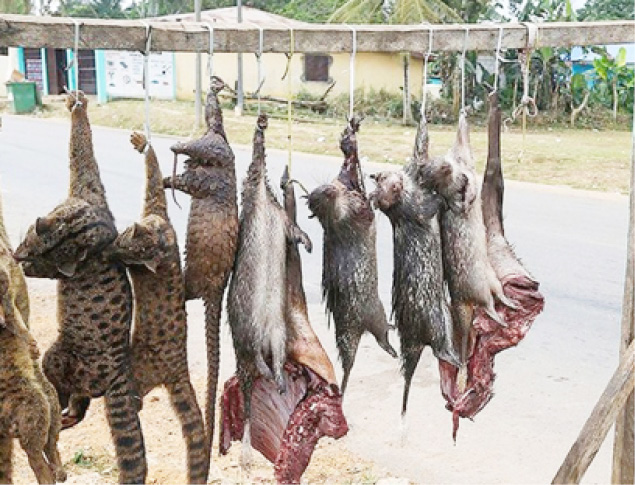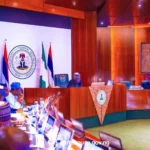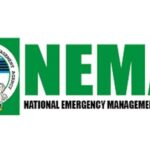The Federal Government has reiterated its commitment to safeguarding Nigeria’s biodiversity and curbing activities that threaten wildlife and the natural heritage.
Minister of Environment, Malam Balarabe Lawal, disclosed this in his keynote address during the inauguration of the International Consortium on Combating Wildlife Crime (ICCWC) Wildlife and forest crime analytic toolkit assessment report for Nigeria in Abuja.
Lawal, represented by Mr Stanley Jonah, Director Planning, Research and Statistics in the ministry, made this known at the event organised by the United Nations Office on Drugs and Crime (UNODC), the ministry and ICCWC to unveil the report.
Lawal said, “Nigeria is blessed with abundant natural resources and wildlife such as gorilla, elephant, pangolin, ostrich, lion, flora and fauna, including some of the world’s most diverse ecosystems. However, these blessings come with immense responsibility.
- NIGERIA DAILY: What Comes Next After The Edo Governorship Election?
- Flood: Zulum constitutes panel to disburse fund, lists EFCC, DSS, others as members
“Over the past few decades, we have witnessed an alarming increase in wildlife crime, including poaching, illegal logging and trafficking of endangered species.
“These crimes not only threaten our environment but also undermine the rule of law, fuel corruption, deprive communities of their livelihoods, undermine public health and natural security.”
He described the ICCWC report as a comprehensive document that provides a clear view of challenges often faced in relation to wildlife conservation, saying there is a need to strengthen efforts toward combating wildlife crime.
“We have strengthened the capacity of our law enforcement agencies, currently reviewing legal frameworks, signed the Cooperation Agreement Framework between Nigeria and Cameroon on Transboundary Ecosystems Conservation and Sustainable Management of Wildlife and Forest Resources, and increased public awareness on the importance of wildlife conservation.
“As we unveil this important report today, I urge all government agencies, international partners, civil society organisations and the private sector to work collectively in combating wildlife crime.
“Let us remember that the protection of our wildlife is not just an environmental issue, it is a matter of national security, economic prosperity and global responsibility,” the minister added.
Danilo Campisi, the UNODC Country Representative in Nigeria, said the ICCWC report will enable stakeholders to advance fights against wildlife and forestry conservation crimes.
“The World Wildlife Crime Report 2024 reminds us that harms resulting from wildlife crime include a range of interlinked and forestry negative environmental, social, economic and governance impacts.
“This is evident in the ongoing exploitation of Nigeria’s rich biodiversity; cooperation between relevant authorities in countries of origin, transit and destination through intelligence-led operations, parallel or joint investigations is key to detecting and dismantling illegal trade in wildlife and forest products.
“The ICCWC toolkit examines the effectiveness of the legal and regulatory environment, institutional capacities of specialised law enforcement, prosecution, and the judiciary to prevent, detect, investigate, prosecute, and adjudicate wildlife and forest crimes.
“This assessment provides important inputs for the effective implementation of the National Strategy to Combat Wildlife and Forest Crime in Nigeria 2022-2026 that was first launched in 2022,” Campisi said. (NAN)

 Join Daily Trust WhatsApp Community For Quick Access To News and Happenings Around You.
Join Daily Trust WhatsApp Community For Quick Access To News and Happenings Around You.


